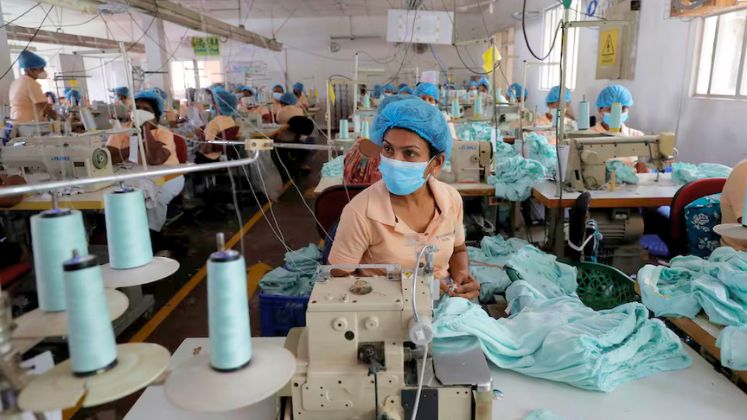
In order to maintain the survival and competitiveness of the local sector in its home market, Sri Lankan garment firms are demanding a severe rise of 300 to 400% in the Commodity Export Subsidy Scheme (CESS) fee on imported goods.
P. Yasotharan, the former president of the Sri Lanka Brands Association, made the suggestion this week at a press conference at the Ceylon Chamber of Commerce in Colombo.
He maintained that this kind of action will level the playing field against the influx of low-cost, frequently inferior imported clothing that is undermining domestic producers.
According to Yasotharan, the local garment business is worth Rs. 700 billion (US $ 2.32 billion), yet domestic entrepreneurs only make up less than 35% of the total. He blamed this mismatch on unfair competition from importers who take advantage of tax breaks and dump cheap goods, undercutting local companies that follow national quality and tax regulations.
A market where the prices of locally made clothing are equivalent can be established by raising the CESS tax on those imports by three or four times, he said.
In addition to the other regular charges, the CESS is a para-tariff, or a levy imposed on specific items at the point of import. At the moment, it costs between Rs. 50 and Rs. 100 (about US $ 0.15 to US $ 0.30) for a single shirt.






